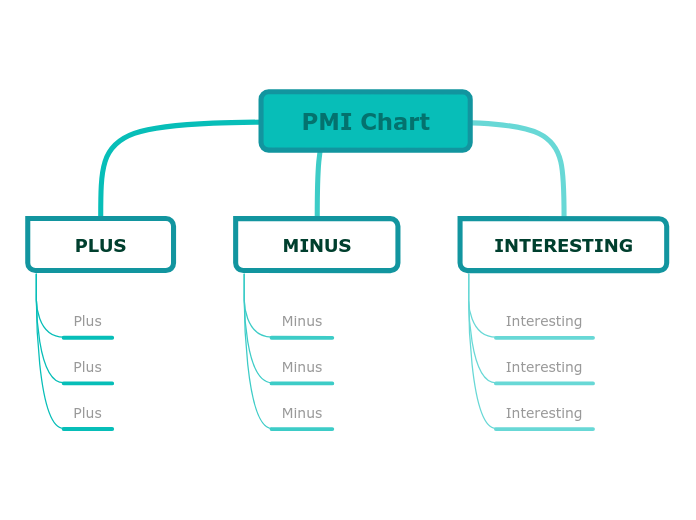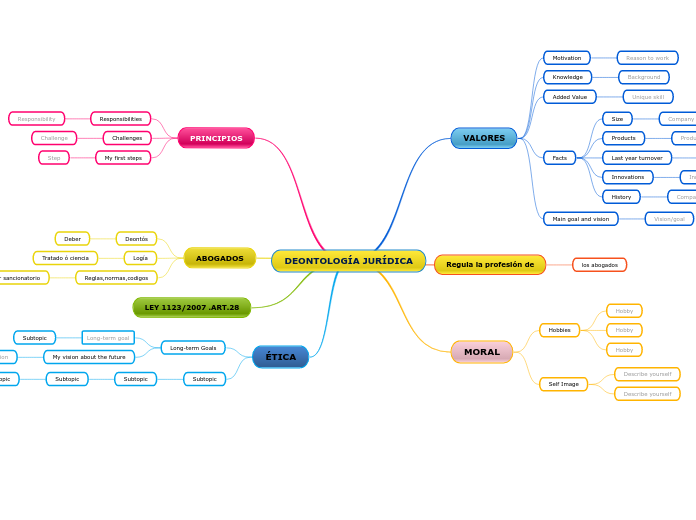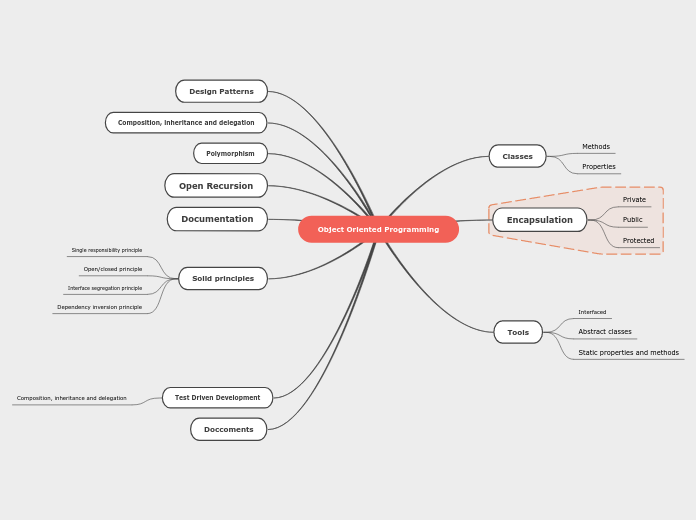por Serap Yildix 11 anos atrás
290
AudiolingualMethod-SerapYıldız
The Audiolingual Method is a language teaching approach that emphasizes the importance of listening and speaking over reading and writing. This method relies heavily on drills and repetition to teach grammar and vocabulary.









